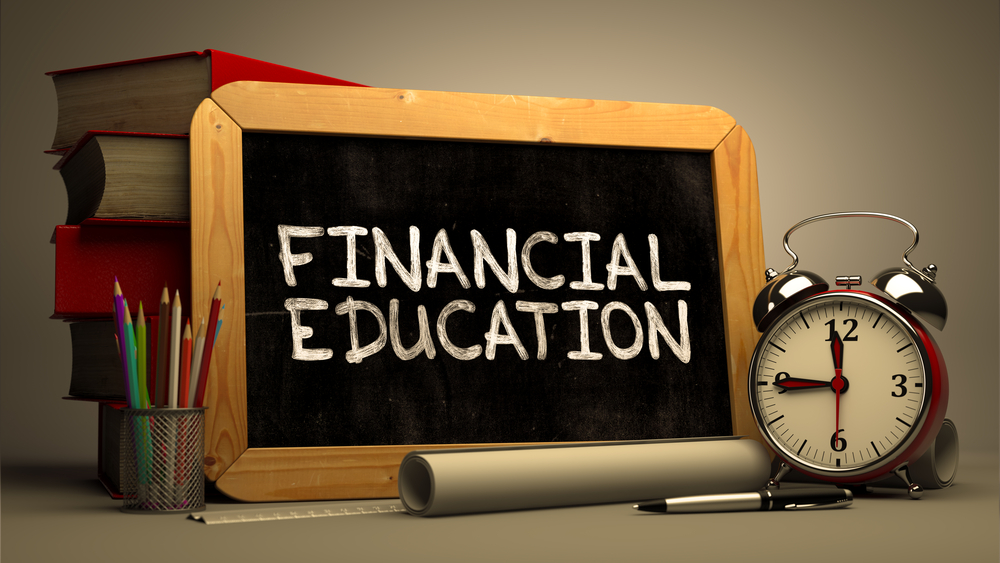India’s country-wide female literacy rate stands at 70.3 per cent, while the male literacy rate is estimated at 84.7 per cent. The overall average rate is close to 77.7 per cent, according to a report by National Statistical Office (NSO). However, only 24 per cent of all those people are financially educated, as stated in the report by the Global Financial Literacy Excellence Centre. It is alarming to know where our country stands today in terms of financial literacy. Let us dive a little deeper to explore further.
The Current Landscape
At a time when the Government is launching digital currencies like e-RUPI with the aim of financial inclusion, you can roughly evaluate the significance of financial education. It is just as important as the other basics in one’s life. An American economist had shared that lack of it is one of the major problems today in the economy. And why not? After all, it is directly linked to the economic boom and upswing of any nation.
If we talk about the present scenario, India is the biggest market for every other MNC as our vast, diverse and skilled population means a great resource for them. We have been seeing a significant rise in foreign trades and globalisation too, thanks to all the advancements in the technology sector. Even though the current global health crisis is paving the way further for digital transformations, so many of our firms are still failing to achieve recognition, all because people thoroughly lack financial literacy. Benjamin Franklin was right when he said that an investment in knowledge pays the best interest. Education, be it general or specific about finances, improves the lives of people and leaves the community as well as the world in a better economic position.
Money, perhaps, won’t help you with all your problems in life, but it indeed lends a supporting hand to you in the majority of aspects. Ergo, financial education for each and everybody is equally important. It provides us with the knowledge and the ability to manage money efficiently and effectively.
Start Early!
It is the concept of the days of yore when finance was a subject to be handled by the elderly only. Today, Gen Z and the millennials are way ahead in managing their funds, which is a positive sign. Since they are the future of our country, they possess the knowledge of saving and investing and keep enhancing it by learning about various financial aspects, including the stock market, mutual funds, digital currencies, and more.
It is the responsibility of the parents or guardians to make their wards aware of finance since early childhood. Undoubtedly, it can be a stressful subject but protecting them from the realities of financial distress can turn out to be a bad idea, especially in today’s day and age. The idea should be to create a healthy relationship between kids and money. Consider it a very important step in the process of their upbringing so that they can learn the importance of saving right from their initial few years. It’s better to start early so that they can savour the fruits of the investment at their retirement. Financial education will not only provide them a bigger picture of the realities of the world, filled with uncertainties but will liberate them from the financial hassles of life.
It’s never too late!
The term ‘financially educated’ simply means to have the right knowledge in efficiently managing and investing your money for you as well as for your family. But remember that it’s never too late to start your learning journey. And is there anything better than taking the first step by reading finance books? Probably not, as books are one of the constant companions, wisest counsellors, and the most patient teachers. They include everything, from budgeting, deciphering stocks, investing to planning your retirement, and clearing debts. There are several self-help books in the market that can ease your process of learning by educating you about the pros as well as cons of utilising your finances smartly.
Summing up
No matter what your level of financial literacy is, it is important to keep walking ahead. Taking baby steps can do wonders, provided you take that first important step.
The author is an entrepreneur and writer
DISCLAIMER: Views expressed are the author's own, and Outlook Money does not necessarily subscribe to them. Outlook Money shall not be responsible for any damage caused to any person/organisation directly or indirectly.









